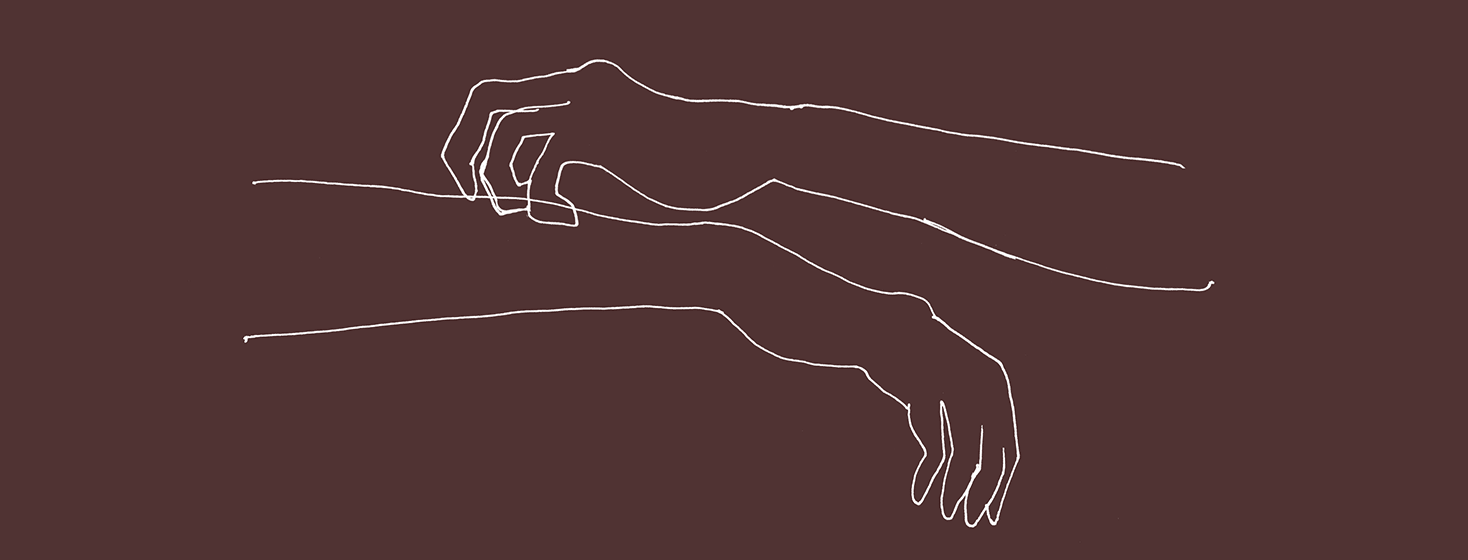"Don’t Scratch" Easier Said Than Done!
Ever been bitten by a mosquito and felt the urge to scratch. Well, imagine that sensation on your face, your neck, behind your knees, on your elbows, your fingertips, your scalp. Did I forget to mention somewhere else? You get the point, don’t you? Now try to imagine someone observing you and they say to you, don’t scratch. Not very helpful, right?
What advice did I hear growing up?
Growing up with eczema my entire life, I can recall as a young girl overhearing friends, and well-meaning strangers commenting on my eczema, and giving my parents their unsolicited advice. I can distinctly recall a time, when I was around 6 years old and someone who was pretty much a stranger to me, said to my parents “Oh my son also has terrible eczema, and he scratches himself so much in his sleep to the point that he bleeds, so we tie his hands down to his bedposts.” I heard this, and froze. This kind of “advice” seemed crazy and scary to me as a young girl. This one was more extreme, but sadly it wasn’t the only unhelpful advice we received. My parents never did that, instead they would take turns staying up for hours every night, rubbing me to sleep.
Featured Forum
View all responsesI am here to share some easy and practical tips that I have found to be very helpful for me.
Why is it so hard to avoid scratching eczema?
While I know scratching is not good as it can break the skin barrier, which can lead to skin infections, bleeding, delay in healing process, and scarring, the reality is that when the pain and itch is so intense, it takes a lot of mental strength to not scratch.
How has meditation helped?
Over the years, I have found various things that have really helped me to better manage my pain and discomfort. Being introduced to meditation has made a profound difference. Nope, that doesn’t mean when I feel an itch or pain, I get into a crossed leg on a mat, with hands in prayer position. Rather it looks more like training my mind to focus on something other than the pain I am feeling. When I can successfully shift my focus from the discomfort of my atopic dermatitis, I am able to prevent future damage to my skin.
What other tools have I turned to?
Here are some tips that I have found very helpful when I feel the itching, burning, tingling pain of eczema:
- Tip #1: Apply creams/lotions and then wear cotton gloves. This is great to do at bedtime.
- Tip #2: Put moisturizers in the fridge. Applying cold creams on the skin has an extra soothing effect.
- Tip #3: Apply ice. Soft gel ice packs are the best as they can mold to the shape of the body part you are applying it to
- Tip #4: Using an ice roller on my face, especially around my eyes really helps when my eyes are all puffy and red. Just remember to sanitizer it before/after each use. I bought the BAIMEI Ice Roller and Gua Sha on Amazon.
- Tip #5: Listen to something whether it’s music, a podcast, or practice mediation. Dan Harris’ podcast and App, "10% Happier" has been one of the biggest blessings in my life! It has taught me to meditate. Aside from learning how to shift my attention from pain, it has improved my sleep tremendously, changing the quality of my life.
- Tip #6: Ask someone to rub you or hold your hand to prevent you from scratching and causing damage to the skin. If you are the caregiver or friend of someone living with atopic dermatitis, perhaps offer to do this for them. What a way to be there for them in their time of pain and need.
- Tip #7: Cutting my nails weekly and keeping them short makes a big difference when I do catch myself scratching. Filing after cutting my nails, keeps the edges smooth and not rough.
What do you do when you find yourself with an urge to scratch? Have you tried any of these tips? Let me know your thoughts in the comments.

Join the conversation